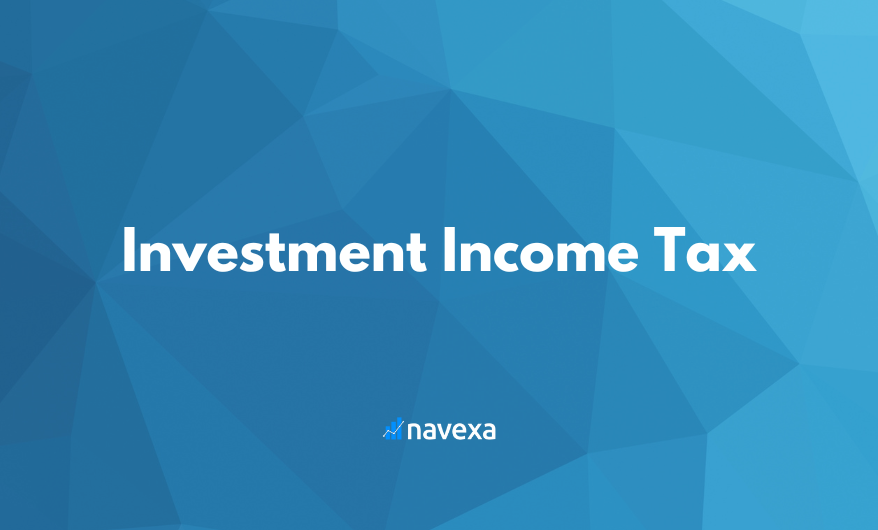Investing in stocks not only offers the potential for capital gains, but can also provide ongoing income in the form of dividends and distributions.
However, like all income, these earnings are subject to taxation.
Understanding the tax implications of your investment income is essential for maximizing your returns and ensuring compliance with Australian tax laws.
This article gives you an overview of investment income tax, focusing on two primary sources; dividends from ordinary stocks, and ETF distributions.
Dividends from Ordinary Stocks
What Are Dividends?
Dividends are payments made by a company to its shareholders, typically derived from the company’s profits.
They represent a share of the earnings and can be a reliable source of income for investors.
How Are Dividends Taxed?
In Australia, dividends are considered taxable income.
They are usually paid out in two forms: franked and unfranked.
Franked dividends come with franking credits, which are tax credits that can offset the tax paid by the company on its profits.
These credits can significantly reduce your tax liability.
Conversely, unfranked dividends do not come with these credits and are fully taxable at your marginal tax rate.
Key Considerations for Dividend Income
Franking Credits: Understanding how to utilize franking credits can reduce your tax bill.
Dividend Reinvestment Plans (DRPs): Some companies offer DRPs, allowing you to reinvest your dividends to purchase more shares, which can impact your tax situation.
Holding Period Rule: To claim the franking credits, you must hold the shares ‘at risk’ for at least 45 days.
ETF Distributions
What Are ETF Distributions?
Exchange-Traded Funds (ETFs) are investment funds traded on stock exchanges, similarly to stocks.
They pool together capital from many investors to invest in a diversified portfolio of assets.
ETFs distribute their income, which can include dividends, interest, and capital gains, to their investors.
Tax Components of ETF Distributions
ETF distributions are more complex than ordinary stock dividends because they can include various tax components, each with its own tax implications.
These components can include:
- Dividends: Similar to dividends from ordinary stocks, they may be franked or unfranked.
- Interest Income: Taxed at your marginal tax rate.
- Capital Gains: Distributed capital gains are subject to CGT.
- Foreign Income: May come with foreign tax credits that can offset Australian tax.
- Non-Assessable Amounts: Such as return of capital, which can adjust the cost base of your ETF holdings.
Key Considerations for ETF Distributions
Annual Tax Statements: ETFs provide detailed tax statements, breaking down the various components of the distributions, which are crucial for accurate tax reporting.
Foreign Tax Credits: If the ETF invests in international assets, you may be entitled to foreign tax credits.
Tax Deferral Strategies: Understanding how to defer taxes on certain components of ETF distributions can enhance your tax efficiency.
Conclusion
Investment income from dividends and ETF distributions is an important part of a portfolio’s overall returns. But, it’s essential to understand the associated tax implications.
By being informed and strategic about your investment income, you can optimize your tax outcomes and potentially boost your net returns.
Stay tuned for our in-depth articles on dividends from ordinary stocks and ETF distributions, where we will explore each topic in greater detail and provide practical tips for managing your investment income taxes effectively.
Navexa Portfolio Tracker: Automatically Track All Your Dividends & Portfolio Income
You don’t need to worry about manually tracking your investment’s gains, income, and long-term returns.
The Navexa Portfolio Tracker automatically handles performance tracking and tax reporting for Australian investors.
Take a free 14-day trial and see for yourself why thousands of investors trust Navexa to track their portfolio and sort their investment taxes the easy way.
